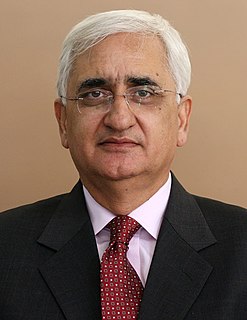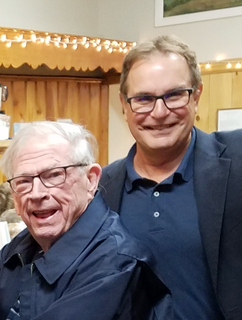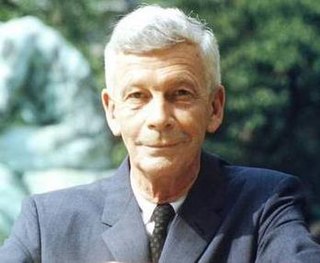Цитата Уоррена Бенниса
Лидерство – это способность претворять видение в жизнь.
Темы цитат
Связанные цитаты
Можно утверждать, что всякое лидерство — это благодарное лидерство. Это способность видеть лучшее в мире вокруг нас, в наших коллегах и в группах, которыми мы пытаемся руководить. Это способность видеть самые творческие и невероятные возможности на рынке. Это способность видеть благодарным взглядом истинное и хорошее, лучшее и возможное.
Связность вещей — это то, что воспитатель созерцает на пределе своих возможностей. Ни одна человеческая способность не настолько велика, чтобы допустить видение мира как простого, но если педагог не стремится к этому видению, никто другой этого не сделает, и последствия будут ужасны, если никто этого не сделает.
Сделать реальность реальной — задача искусства. Таким образом, это практическое задание, задание самому себе: путем культивированной чувствительности к наблюдению за жизнью, способности к восприятию впечатлений добиться одинокого, непрекращающегося, беспомощного, беспомощного видения и перенести это видение без искажения на мир. страницы романа, где, если так уговорить читателя, она превратится в читательскую иллюзию.
Критерии эмоциональной зрелости: способность конструктивно относиться к реальности; способность адаптироваться к изменениям; последовательной манере с взаимным удовлетворением и готовностью помочь. Способность сублимировать, направлять свою инстинктивную враждебную энергию в творческие и созидательные выходы. Способность любить.


































